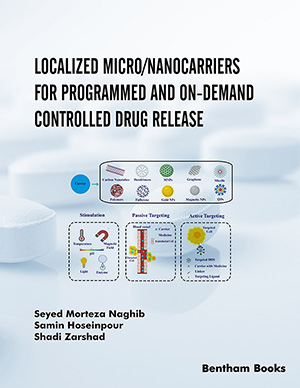
Abstract
Autoimmune diseases are a group of illnesses with multiple organ involvement. The prototype of this group of disorders is rheumatoid arthritis (RA) that aside from systemic organ involvement mainly presents with progressive destruction of many joints. Both activation and defective apoptosis of immune effector cells like T and B lymphocytes and macrophages play critical roles in the pathogenesis of autoimmune disorders. Current therapy for autoimmune diseases recommends a combination of several disease-modifying antirheumatic drugs (DMARDs) that preserve different immunomodulatory mechanisms. Because of limited success in prevention of RA joint destruction for currently available DMARDs, the development of more effective and less toxic DMARDs has been one of the major goals for pharmaceutical companies. The introduction of leflunomide and anti-tumor necrosis factor alpha therapies to the market recently serves as examples. In this context, the experience from ancient Chinese medicine gives an alternative consideration looking for potential DMARDs. Two commonly prescribed Chinese antirheumatic herbs are Tripterygium wilfordii hook f (TWHf) and tetrandrine (Tet) that preserve both anti-inflammatory and immunosuppressive effects. Importantly, the TWHf- or Tet-mediated immunomodulatory mechanisms are evidently different from the known DMARDs. The synergistic effects have also been demonstrated between these two Chinese antirheumatic herbs and DMARDs like FK506, cyclosporin and possibly chloroquine. Another potential Chinese herb for this consideration is Ginkgo biloba. This review summarizes evidence-based in vivo and in vitro studies on Chinese herbs as immunomodulators and potential DMARDs.
Keywords: autoimmune disease, dmards, herbs, tripterygium wilfordii hook f


















